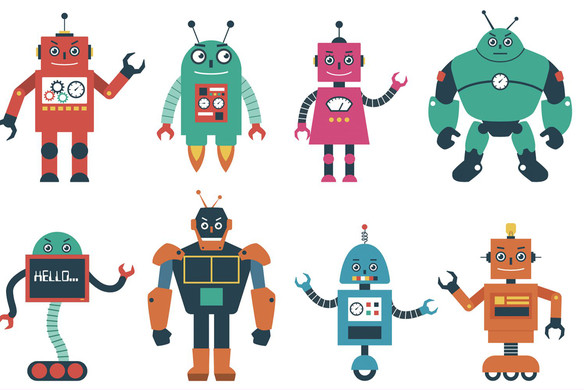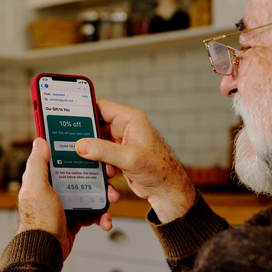Table of contents
It wasn’t so long ago that technologies like artificial intelligence and machine learning were the stuff of science fiction movies. But with our increasing reliance on evermore sophisticated smartphones and the rising popularity of home assistants, we’re inching closer to a reality where artificial intelligence and machine learning play a prominent role in our lives.
What is artificial intelligence?
Artificial intelligence, or AI, is a field of computer science that involves machines with humanlike intelligence, meaning that their abilities include speech recognition, problem-solving, and learning. Machine learning refers to the statistical techniques that enable computers to “learn” something new without being specifically programmed to do so.
How does it work?
For many consumers, AI is already is already a part of their lives — whether they realize it or not. Amazon’s Echo (a.k.a. Alexa), Google Home, and Apple’s HomePod (with Siri) are perhaps the three most popular and best-known products in this burgeoning field of AI assistants. In fact, analysts estimate that Amazon has sold approximately 25 million Echo devices so far, and they expect that number to more than double by 2020.
These products understand spoken commands and speak in humanlike — or at least not super robotic-sounding — voices, or natural language, and they make for reliable helpers when it comes to everything from providing weather forecasts to offering local restaurant suggestions.
In the future, AI assistants will very likely take on even bigger roles in the lives of consumers, like ordering products without being prompted and even purchasing new brands or enrolling in services that might be a better deal for their human “bosses.”
The value in these AI assistants lies in their ability to improve the lives of consumers by taking on tasks that users don’t have time for (like shopping) or hadn’t even thought of (like comparing products). Consumers with busy schedules can be easily be overwhelmed by all the choices they face in the marketplace, and it’s the job of AI assistants to streamline.
What does it mean for marketing?
The rise of AI assistants and machine learning means that marketers will likely begin to shift their advertising efforts so that they’re targeting devices, not consumers.
This is a better scenario for consumers, who won’t just be buying something because they have a jingle stuck in their head. Instead, they’ll be relying on a device that is comparing data like quality, price, and value to make the best decision.
All of this means more competition. For example, big companies will have to be more nimble, keeping up on trends and innovating instead of just assuming they’ll stay on top because of their size or past reputation.
Machine learning will help AI assistants shape a consumer’s preferences, so these devices will become even more discerning when choosing products. Marketers will have to be continually savvy to understand and influence an AI platform’s algorithm — or the criteria in which a product must fit — in order for the device to purchase it. Marketing will also become increasingly specialized as companies become hyper-focused on targeting the right consumers for their products.
How can you incorporate AI into your marketing?
Beef up your content.
Start by building up your content marketing strategy. The more helpful information available about your brand and products, the better, so when the time comes AI has a wealth of information to learn and chose from. Publish content on your blog and social media that will establish you as a knowledgeable industry leader and encourage AI and humans alike to take notice.
You should also make sure that your content marketing is optimized for organic search. Comscore has predicted that 50 percent of searches will be voice-driven by 2020. Because only one result is surfaced in a voice search, it’s important that all of your content (and website) uses SEO best practices.
Build your brand’s skill.
So far, big brands like Tide, Purina, and Zyrtec have created custom skills for Alexa. Tide’s Stain Remover skill provides voice instruction for removing over 200 types of stains, while Zyrtec provides an AllergyCast for a listener’s weather, pollen count, and more. If you’re interested in diving into the Amazon Voice Marketplace, you or your developer can build your own new skill for Alexa through Amazon.
Get personal with customers.
If a major AI strategy isn’t in the cards for your business right now, you can still aim to deliver customized, personalized content as much as possible. There’s a lot you can do by simply slicing and dicing your email lists into different target segments — and that personalization is a highly efficient route to engage your customers.
![]()











